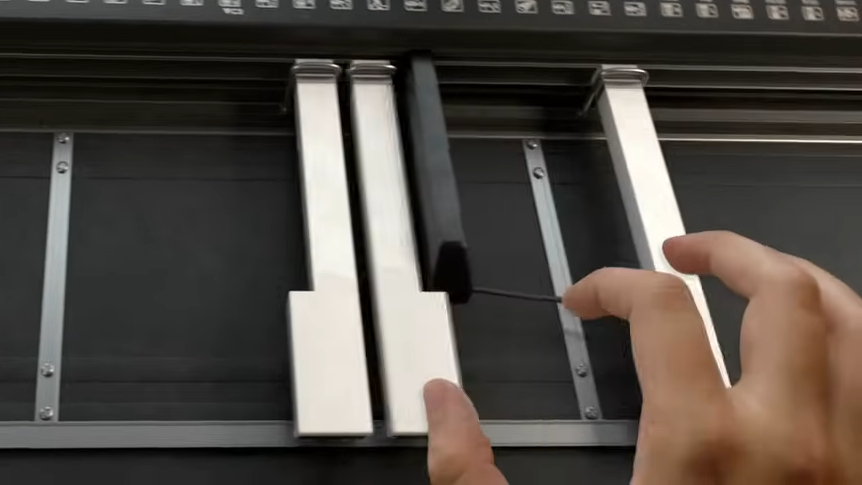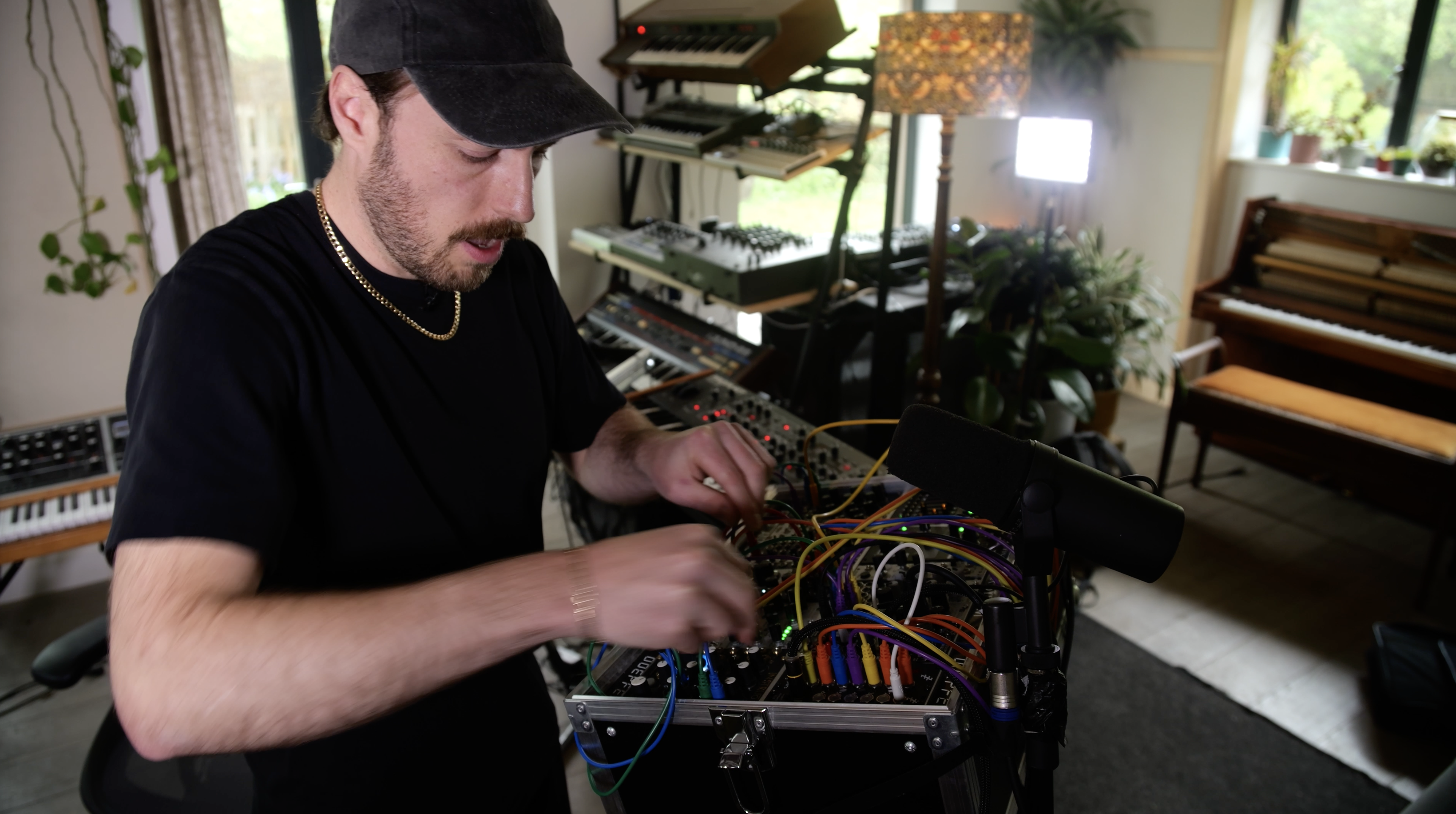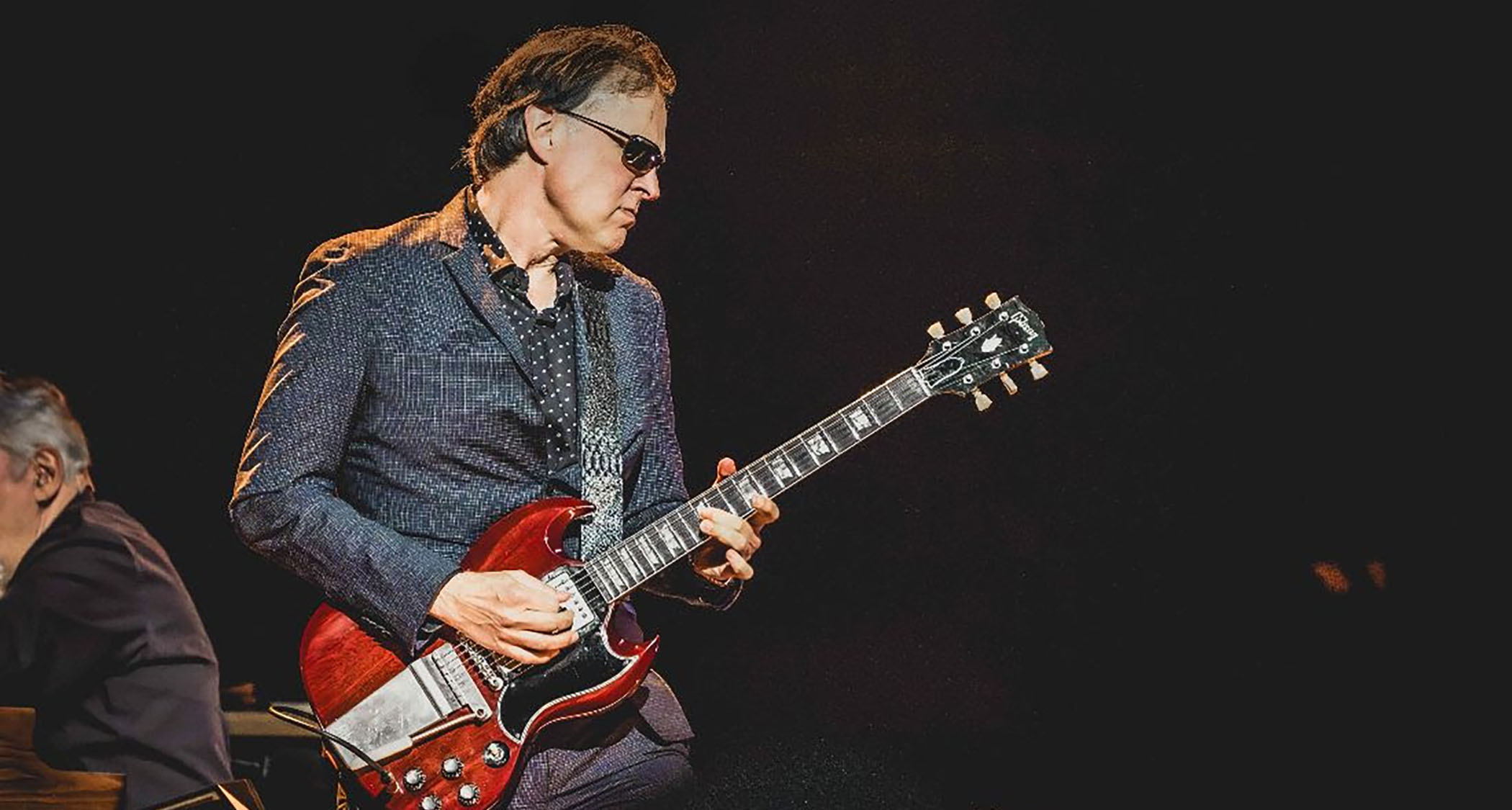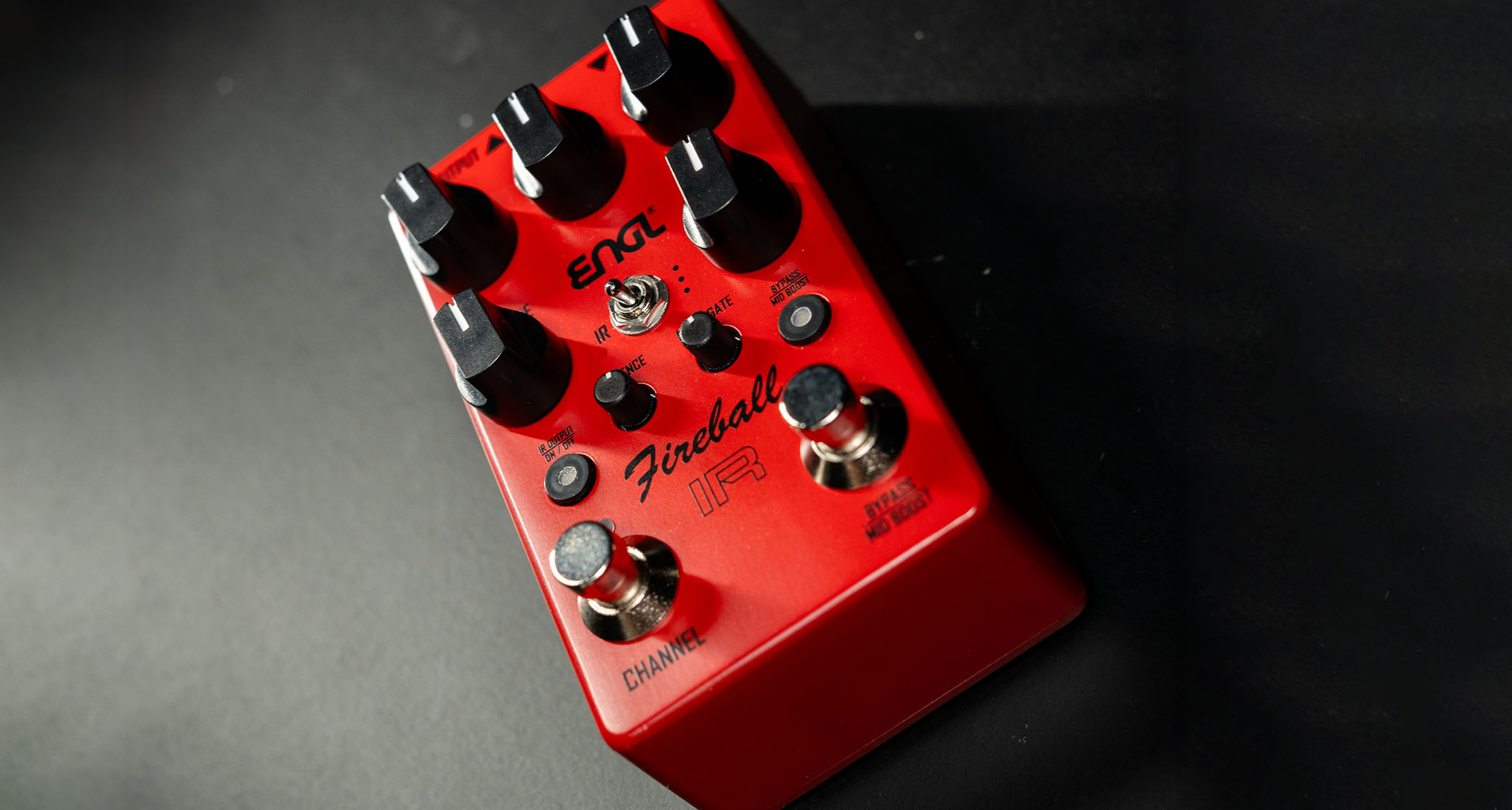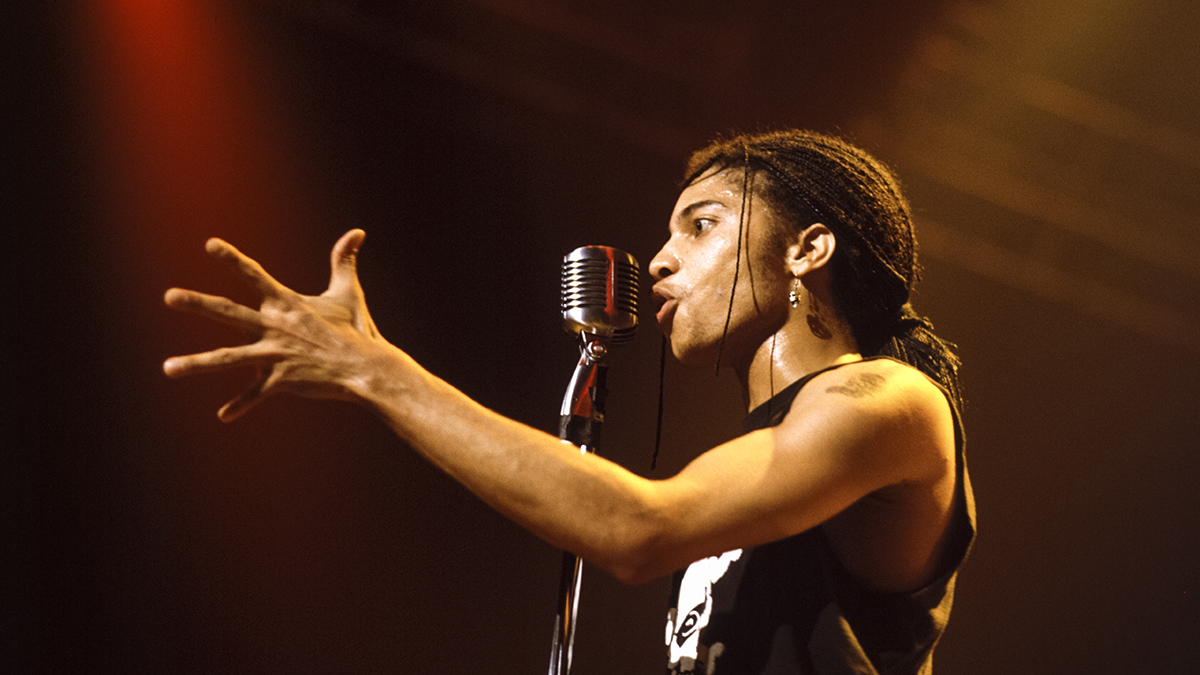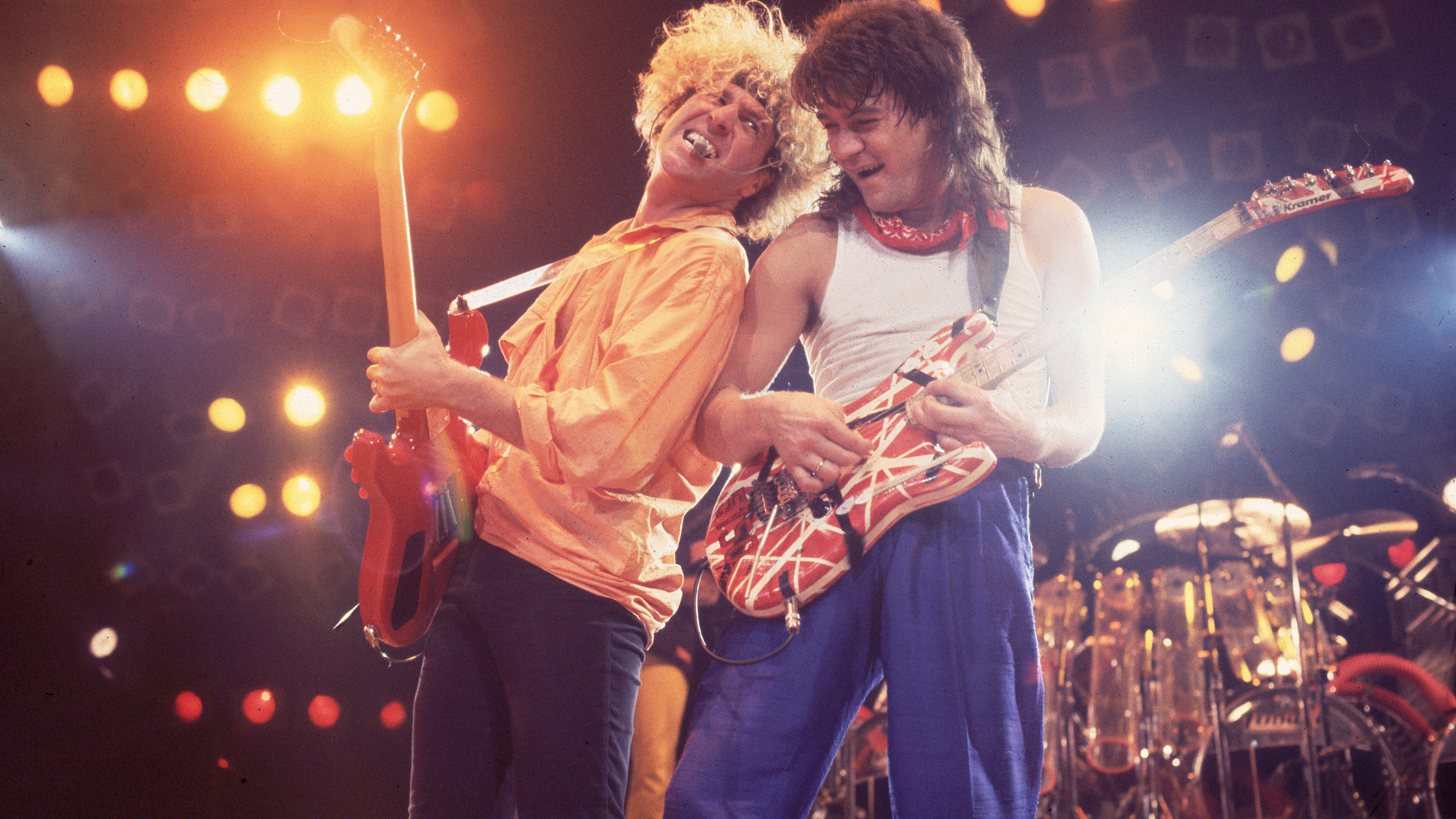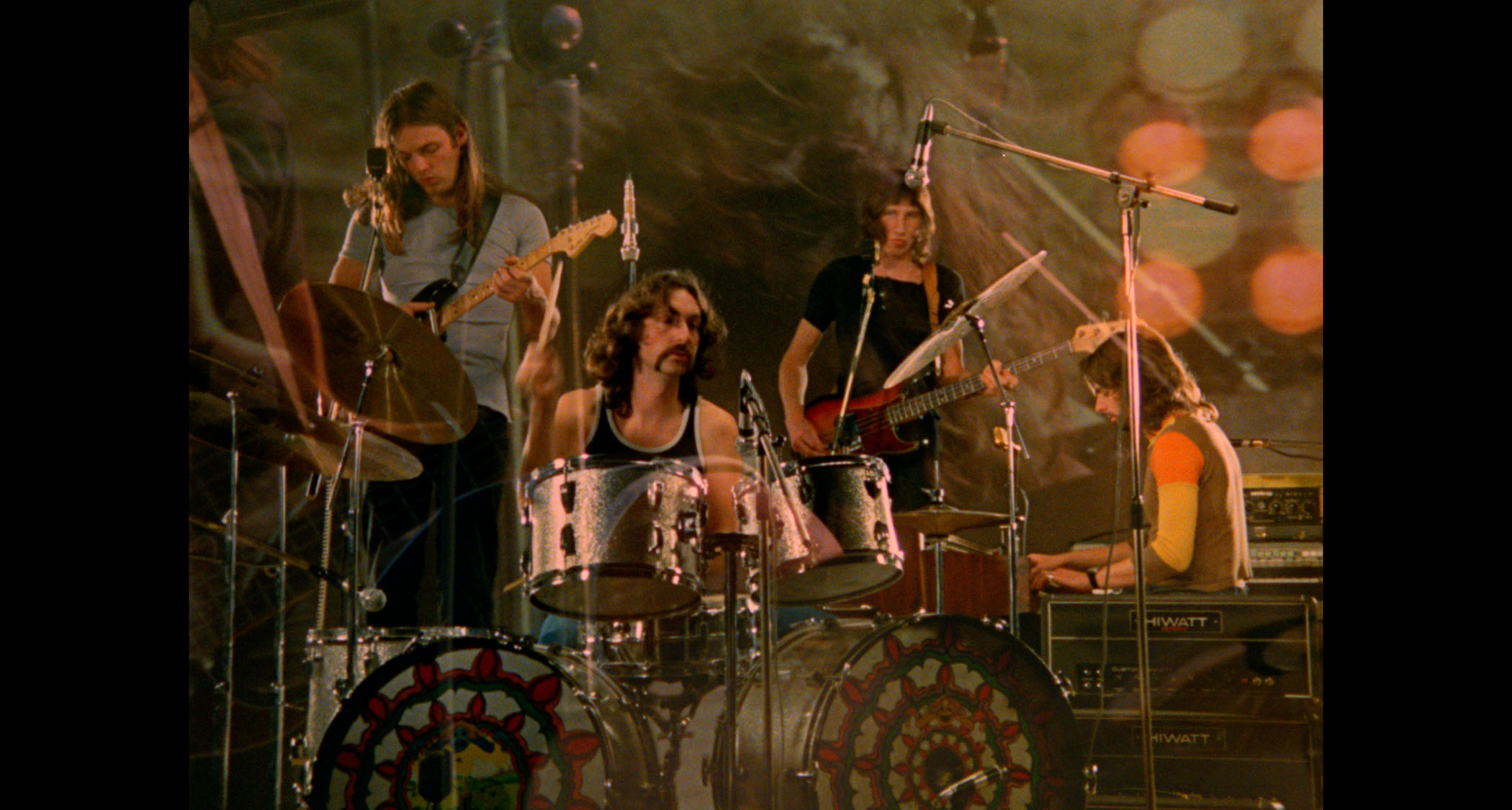Stephan Jenkins (Third Eye Blind): the 10 records that changed my life
Eclectic selections from Jackson 5 to Jane's Addiction

Introduction
“I want to throw out a disclaimer here,” says Third Eye Blind frontman Stephan Jenkins. “We could do this interview again and I could give you another completely different list of my 10 favourite records of all time.”
I think of it like chapters with roman numerals
As it is the San Franciscan songwriter behind 90s rock mega hits like Semi-Charmed Life and Jumper still pretty much refuses to stick with 10.
“I think of it like chapters with roman numerals [within them],” he explains. “There’s all these things that lead on, so there’s this early funk and RnB, then this thing with open lyric sensibilities, then this glorious British roots rock period with Led Zeppelin and Bowie and Queen, and then this destructive element in The Clash and Joy Division, then this period of duelling hip hop and this rock that’s reinvigorated.”
Here, then, are the 10+ records that changed Stephan Jenkins’ life…
Catch Third Eye Blind on tour in the US throughout September/October and in UK/Europe from 5 November. Head to thirdeyeblind.com/tour for tickets and information.
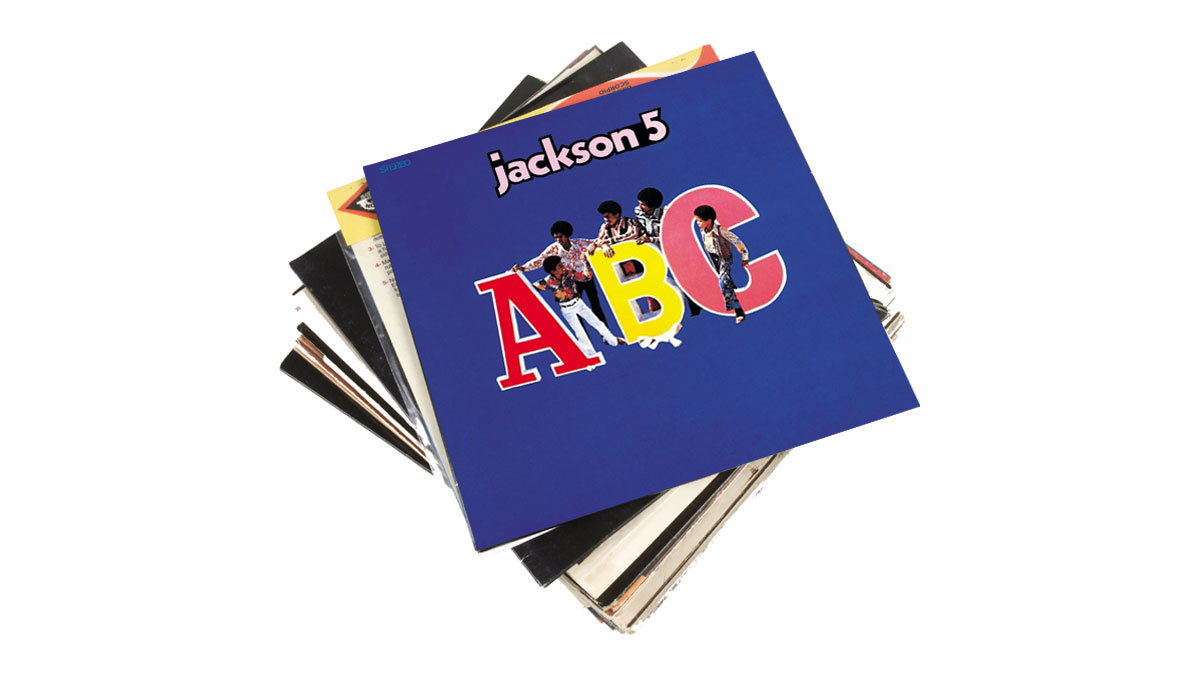
Jackson 5 - ABC
“My father never liked pop or rock music at all. He was strictly into Beethoven and that was about it. His world was motherfucking Beethoven and because it was being sold to me I kind of flatlined on it.
They asked us what we wanted to be when we grew up. I was like, ‘I wanna be THAT!’
“I went to school and there was a copy of Jackson 5’s ABC that someone had cut-out of a cereal box [the record came free with Alpha Bits!]. It was first recess in the morning and they cut it out and we got up on the lunch tables and they danced to it and did this Jackson 5 thing. I just thought it was the most exalted, glorious thing I’d ever seen.
“So I remember the very moment I heard something RnB/pop and that was it, I was in. They asked us what we wanted to be when we grew up. People wanted to be firemen and astronauts, but I was like, ‘I wanna be THAT!’”
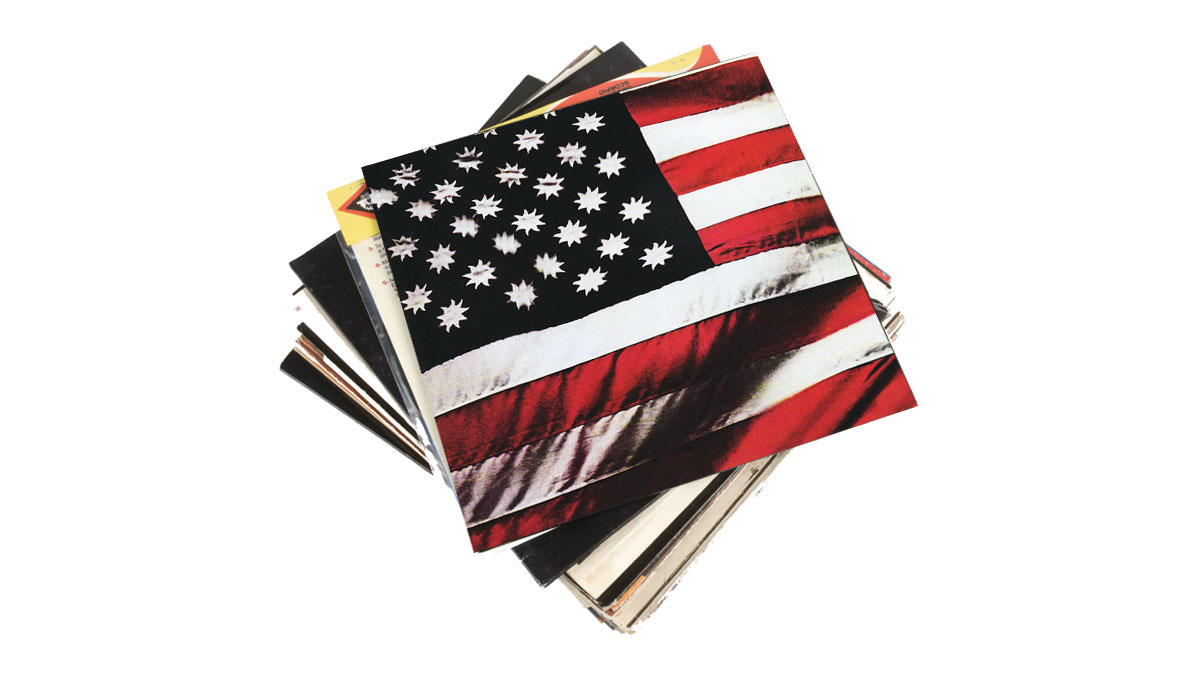
Sly & The Family Stone - There's A Riot Goin' On
“I think the first thing I got [of my own] was Sly & The Family Stone and it’s just so cool that that was my first choice. Just this greasy, super drugged-out, funky daze – ‘It’s a family affair!’
There just wasn’t the money for records, so where I could I would seek out pop radio
“My Dad was a college professor and he didn’t get tenure and my parents divorced so he became a furniture maker, really out of desperation because he was raising us and he had to do something.
“There just wasn’t the money for records, so where I could I would seek out pop radio, so I don’t even know how I got across Sly & The Family Stone but I saved up and bought the album.
“We also had Cat Stevens’ Tea For The Tillerman in that house. I really liked the narrative and the songwriting in that, so those are both lumped together at the very beginning.”
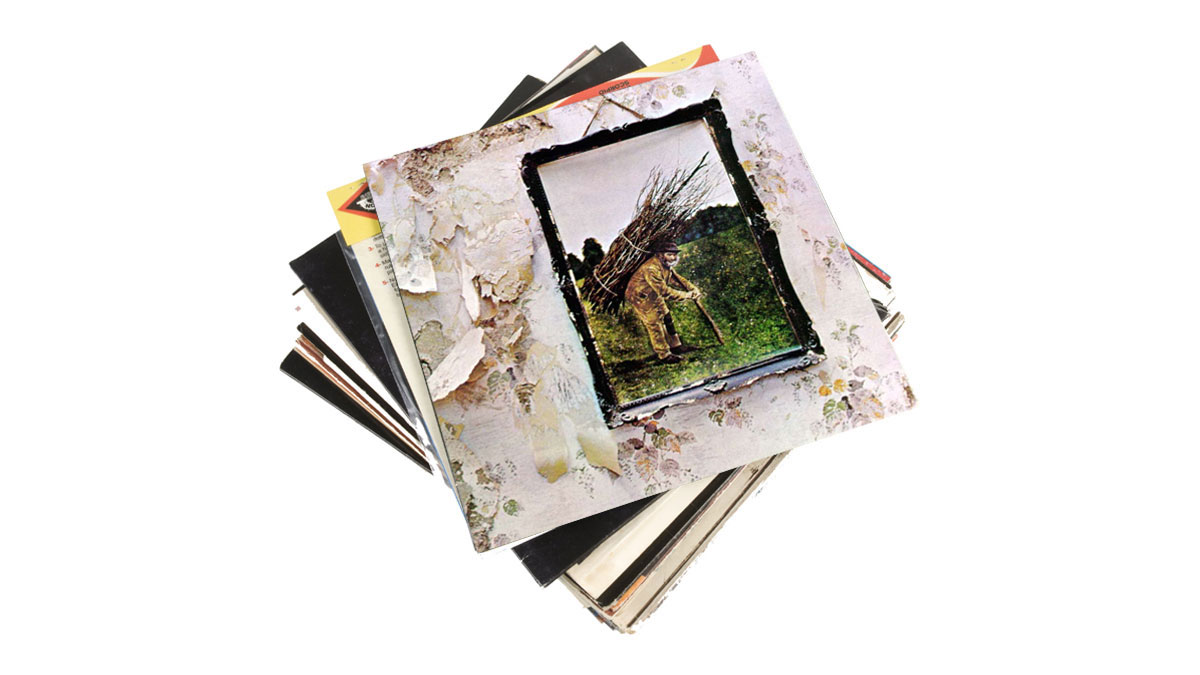
Led Zeppelin - IV
“[I remember] I was walking by this girl’s house and I was probably nine or 10 years old and there was this music coming on that sounded dangerous and ominous and dark.
It’s still in my memory as like a swirl of black and white – like a dark magic
“I didn’t really know what ‘sexual’ was, but it was that. It’s still in my memory as like a swirl of black and white – like a dark magic. And that was Led Zeppelin IV! [Laughs]
“I’m not nostalgic about music. I don’t look backwards, but they still sound dangerous to me. There are records that still sound like they have some kind of immediacy to it. Led Zeppelin has that quality. David Bowie does. Blondie’s first record Parallel Lines has that quality. Like it could be released right now.
“Like if you put on The Strokes and Blondie’s Parallel Lines, which would you think is most current?”
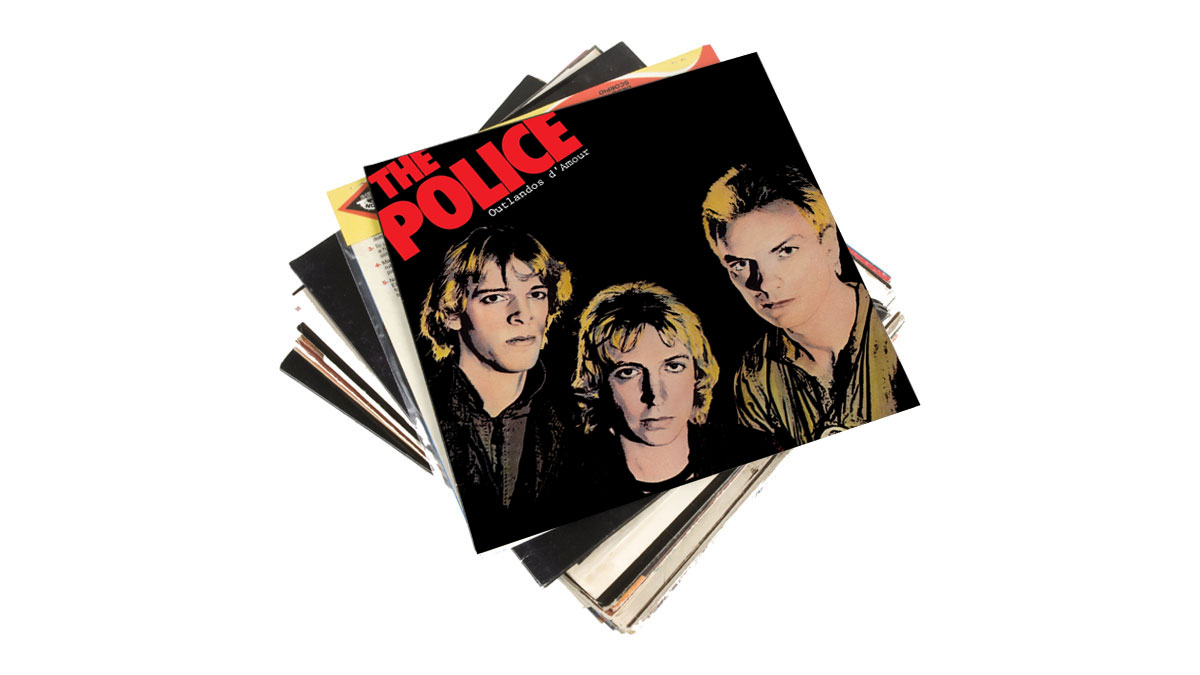
The Police - Outlandos d'Amour
“I was a little kid in Palo Alto and in my house we didn’t have radio, so hearing music for me was actually kind of difficult.
The singer had this screamingly high voice and the beat was really shocking to me
“I loved it so intensely, though, because as a kid primary school was very difficult for me. My parents were divorced and I didn’t understand that and I had dyslexia and I really couldn’t function that well in a classroom. Music was this thing that I was incredibly drawn to and I needed to play it from an early age.
“My next door neighbour had a drumset and I would sit and play it forever. The records they had totally, totally compelled me. [One time] I heard this sound and the singer had this screamingly high voice and the beat was really shocking to me. I was super fixated on drums at that point and it sounded so exotic – and that was The Police. I was so compelled with it and how raw it was.”
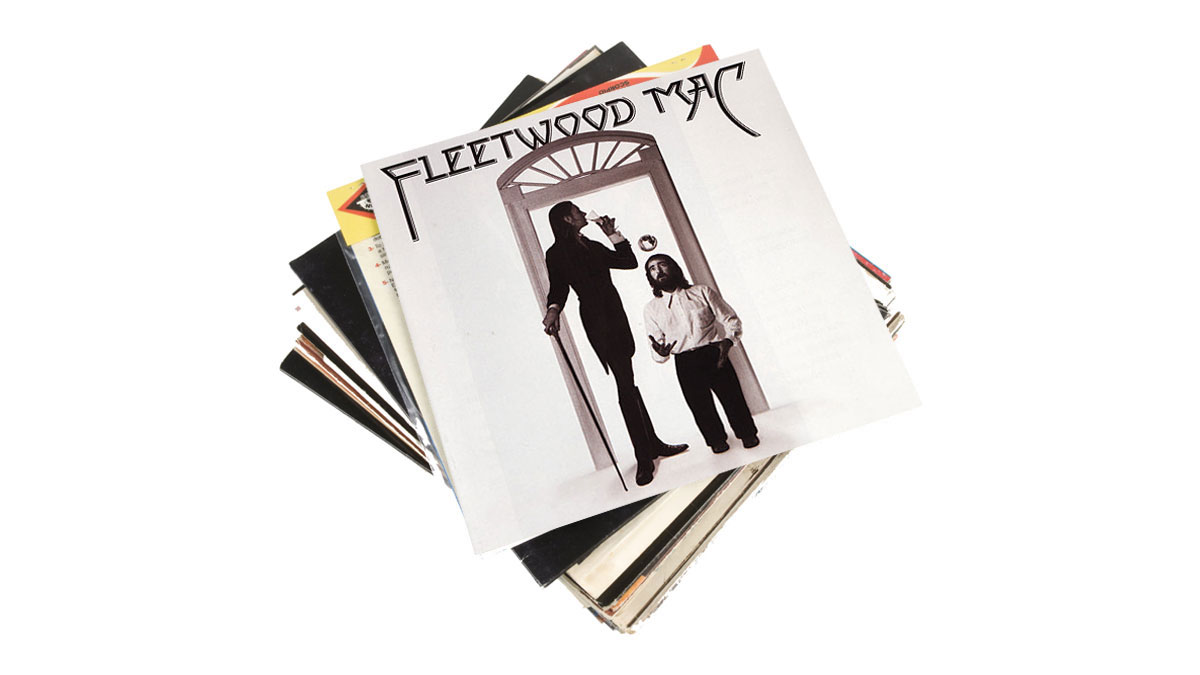
Fleetwood Mac - Fleetwood Mac
“The other thing that I would listen to was the first Fleetwood Mac record from when Stevie Nicks had joined the band, the self-titled one, and it had Rhiannon on it.
So many of these records are about how I was learning them as a drummer
The other day I saw Rolling Stone re-printed their review from 1975 and they thought it was shit! But it’s one of the best records ever made!
“They didn’t like Led Zeppelin either, they thought that was crap! So Rolling Stone’s just so awful about picking any of these things, they should just stop.
“I was getting these rhythms super-ingrained. So many of these records are about how I was learning them as a drummer. I loved Stewart Copeland and he was these strange, one-drop reggae beats. Then Mick Fleetwood had this very strange groove that I could internalise and replicate when I was nine years-old.”
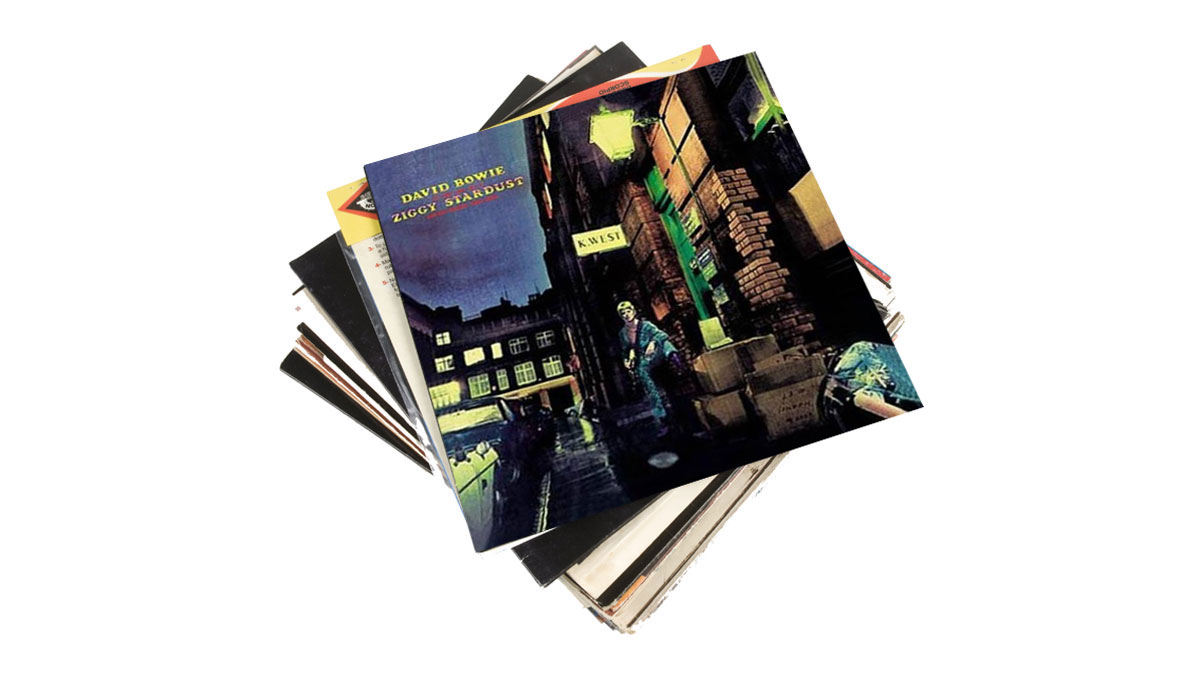
David Bowie - The Rise And Fall Of Ziggy Stardust
“Before The Police and Fleetwood Mac, there was Bowie. I remember I went up to this wake with my mum and there was this very odd kid there who was fascinated with David Bowie. It was the Ziggy Stardust record.
He’s always letting you know it’s artifice and yet you’re drawn in anyway
“I was looking for that sense of ‘the other’ and the surprise of it. It’s a surprise that I like Bowie that much because he’s all about artifice, so why would you want to hear Ziggy Stardust? He’s always letting you know it’s artifice and yet you’re drawn in anyway. He’s revealing the tricks as he’s does them. I don’t claim to understand it, but there’s like a decade of Bowie that’s just like, ‘How the fuck did you do that!?’”
“Around the same time as I heard Bowie, Queen’s A Night At The Opera came in. I was really moved by that. Freddie Mercury is one of my favourite singers of all time.”
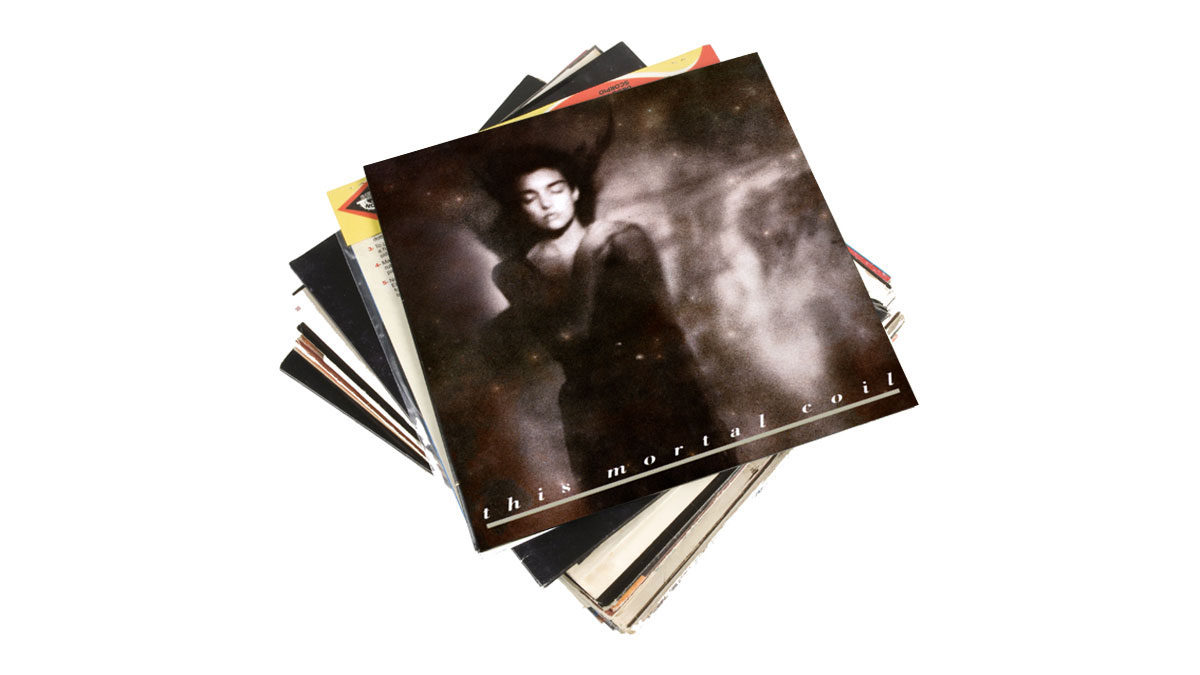
This Mortal Coil - It'll End In Tears
“There are three singers that have remained transformative. Freddie Mercury is one, so is Edith Piaf and, for me, the other was Elizabeth Fraser from Cocteau Twins and This Mortal Coil.
It was from the 4AD group and I loved so much of that
“The first time you hear them you feel utterly transformed. Elizabeth Fraser has that quality. Have you heard Song To The Siren from This Mortal Coil’s It’ll End In Tears? For god sakes let’s put that on the list!
“It was from the 4AD group and I loved so much of that. I loved the sparseness of Joy Division and New Order. And how the simplicity of it could speak volumes and how Peter Hook would play all the melody on the bass.
“I think there was some connection among that whole scene. 4AD, the London record label, were into that and I loved their whole super-dark goth modernism and minimalist covers.”
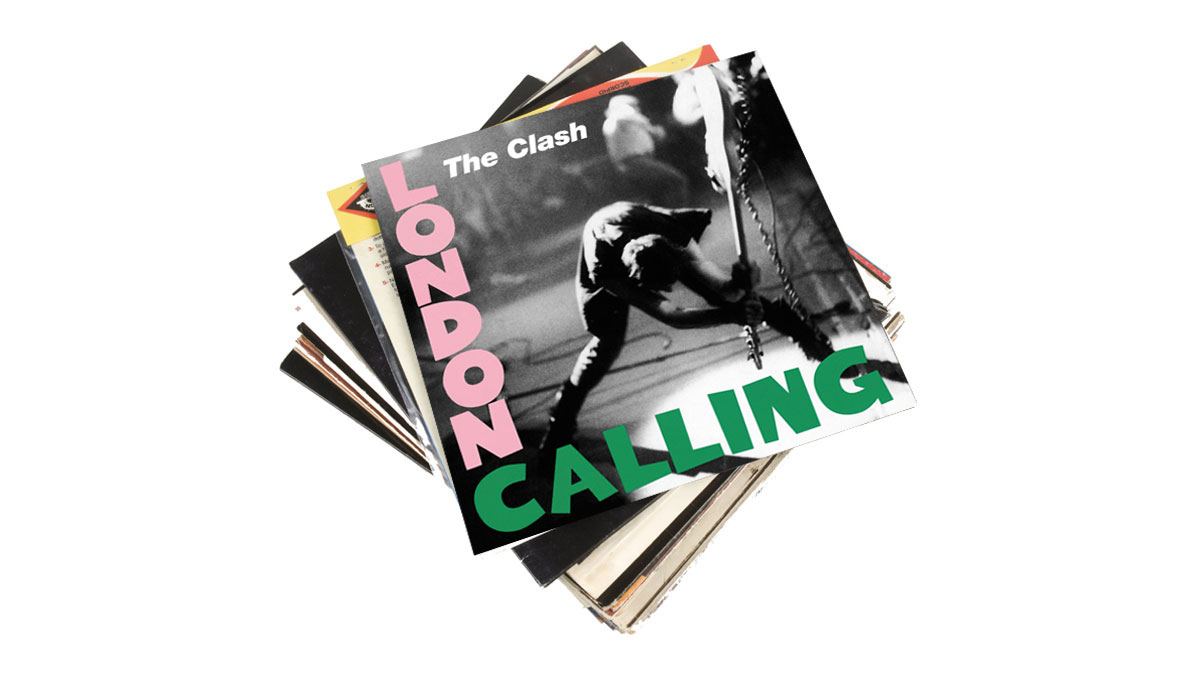
The Clash - London Calling
“Years after hearing this I tried to cover a Clash song, Train In Vain – and it’s a terrible idea to ever try to cover The Clash. They’re so deceptively good as a band because they were punk rock, but their groove, you just cannot replicate it.
It’s a terrible idea to ever try to cover The Clash. They’re deceptively good
“You can sample it – like when MIA sampled Straight To Hell for Paper Planes – but you cover them at your peril! It really exposes how, deep down, you’re a non-believer!
“At the time there was all this punk rock that was really exciting to me. I wasn’t a Sex Pistols fan at the time. They sounded like Poison to me! Now I look back at it and I like it. They have a line like, ‘Fuck this and fuck that… I don’t wanna baby that looks like that!’ It’s pretty good, I’ve got to say.
“At the time I thought it was a bit of a pose, but now I think there was something legit about it.”
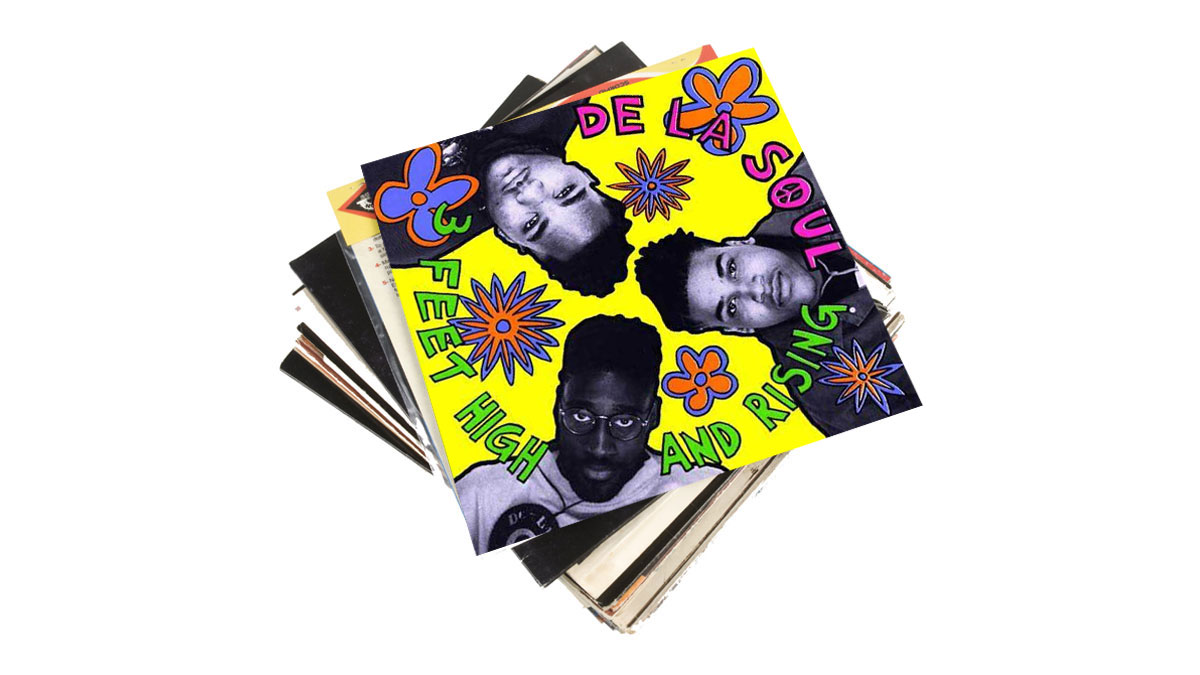
De La Soul - Three Feet High And Rising
“This record had such a huge effect on me.
Suddenly you could spread out and increase the lyrical real estate
“When I got into hip hop, it really opened up the horizontal space – the arrangement space – for lyrics.
“It mean that suddenly you could spread out and increase the real estate that was available to sing in. As a lyricist that was so freeing to me. Even more so than Bob Dylan.”
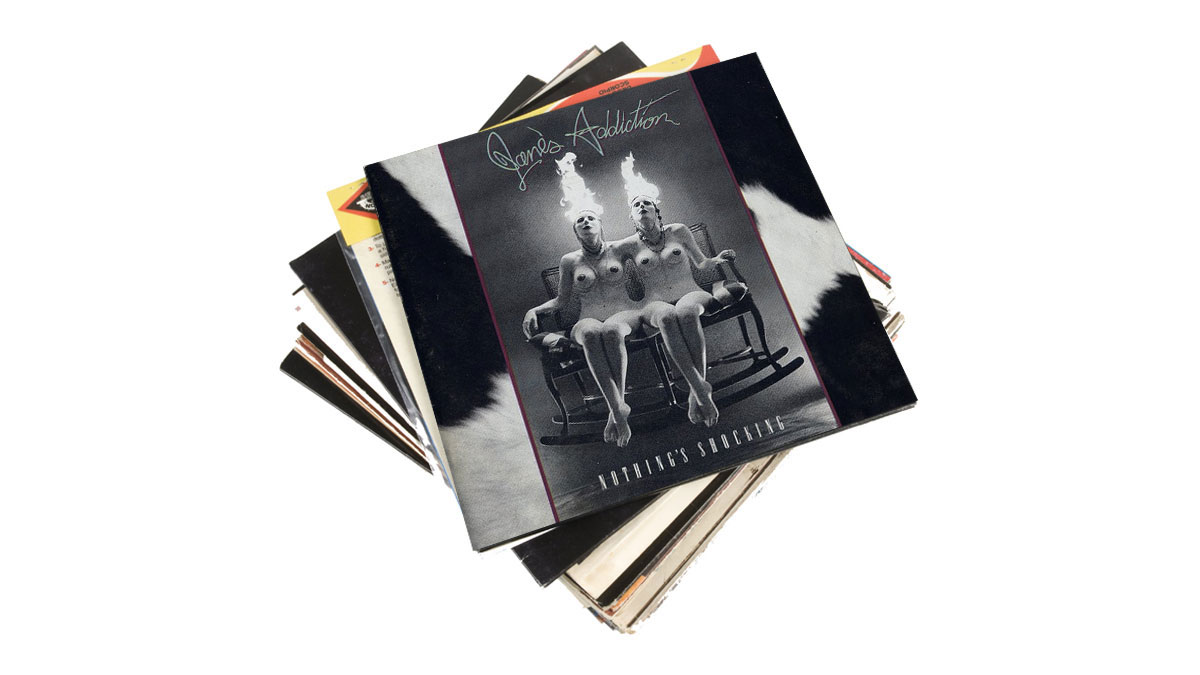
Jane's Addiction - Nothing's Shocking
“I loved the way Jane’s Addiction would play – [half the time] it was just two chords.
Every once in a while you have a record that just owns you
“I went backpacking across Europe and I took that record with me. Every once in a while you have a record that just owns you. So there was this period where I could listen to Jane’s Addiction Nothing’s Shocking and Camper Van Beethoven Key Lime Pie and the Pixie’s Surfer Rosa. At that time I could just listen to those three records and be consumed by them, so I put those three together on this list.
“And you know… I’ve still left out Dre’s The Chronic, Miles Davis… I feel undone by this whole thing! There’s all of these things I’ve left-out. If you’d put it to five, I would have just quit!”
Catch Third Eye Blind on tour in the US throughout September/October and in UK/Europe from 5 November. Head to thirdeyeblind.com/tour for tickets and information.
Matt is a freelance journalist who has spent the last decade interviewing musicians for the likes of Total Guitar, Guitarist, Guitar World, MusicRadar, NME.com, DJ Mag and Electronic Sound. In 2020, he launched CreativeMoney.co.uk, which aims to share the ideas that make creative lifestyles more sustainable. He plays guitar, but should not be allowed near your delay pedals.
"At first the tension was unbelievable. Johnny was really cold, Dee Dee was OK but Joey was a sweetheart": The story of the Ramones' recording of Baby I Love You
"Reggae is more freeform than the blues. But more important, reggae is for everyone": Bob Marley and the Wailers' Catch a Fire, track-by-track
"At first the tension was unbelievable. Johnny was really cold, Dee Dee was OK but Joey was a sweetheart": The story of the Ramones' recording of Baby I Love You
"Reggae is more freeform than the blues. But more important, reggae is for everyone": Bob Marley and the Wailers' Catch a Fire, track-by-track

